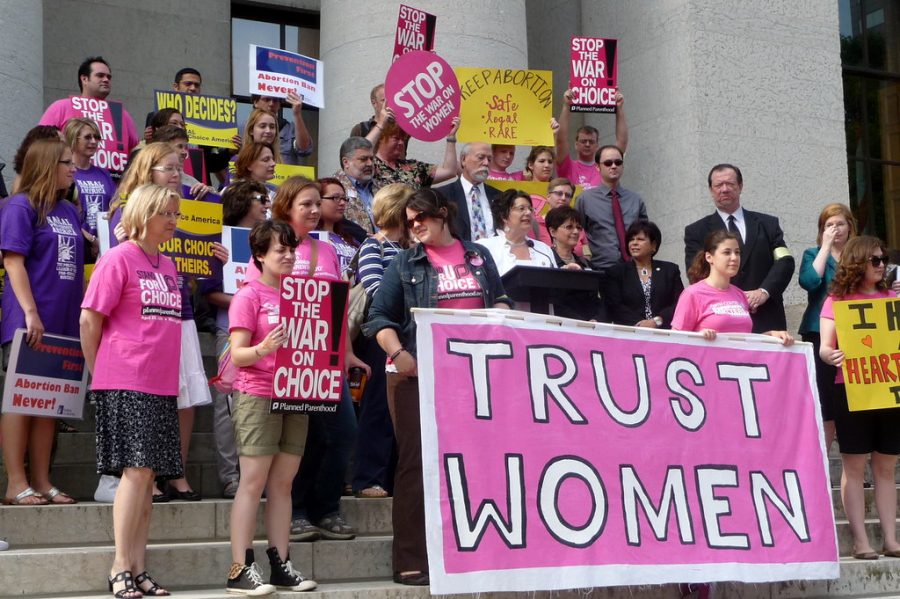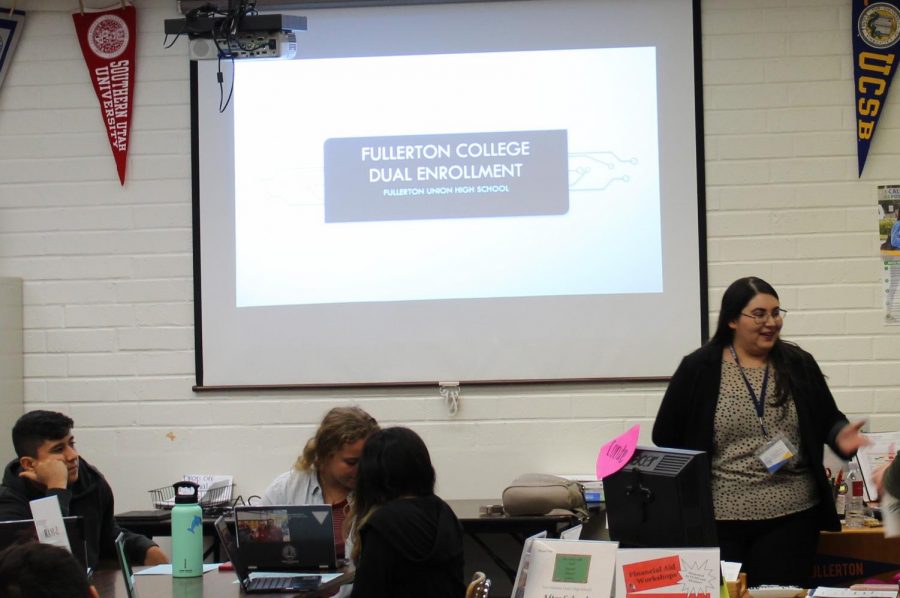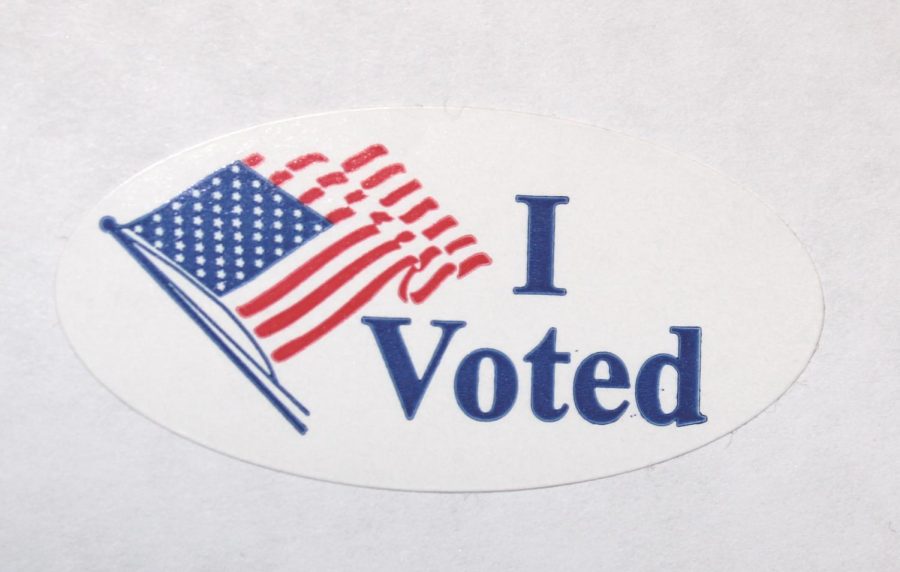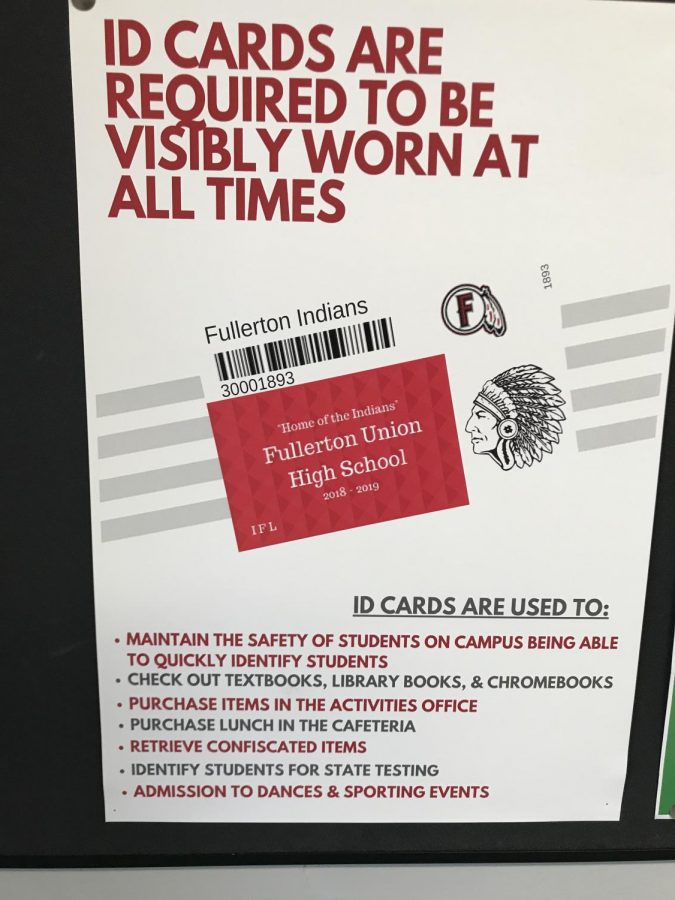Many education reformers, including the current Department of Education (DOE) Secretary Betsy DeVos, call for the increased institution of charter schools, claiming charter school expansion as the answer to the problems of public school, citing higher test scores and college acceptance rates as evidence in their favor.
DeVos increased DOE funding for charter schools by more than 30% since her appointment, but is this expansion of charter schools really the best way to increase the quality of education for the millions of students in America?
Charter schools are institutions that receive federal grants but are technically not private, since the federal government funds or subsidizes these institutions. However, they are not directly under federal law, nor do they have to obey key federal government regulations such as transparency. These key regulations allow them to be scrutinized on how they spend their money.
Though charter schools receive partial funding from the DOE, which is funded with taxpayer money, charter schools are not required to be transparent about their spending, leading to a lack of accountability from those who attend the charters, as well as the public schools’ districts that taxpayers fund.
The funding for public schools has stalled in areas experiencing charter school expansion, which drain public resources for the areas that are in the most need for financial aid.
“Significant fiscal impact on the district that leads to cuts affecting many of our most vulnerable students, who tend to be the non-choosers,” said Jenna Stauffer, CEO of Lighthouse community public schools.
“Non-choosers” refer to families who don’t actively seek out alternatives like charter schools for their children.
Instead of focusing on charter school expansion, school reformers should find and support options that include the whole community, not just the few who can afford higher education.







